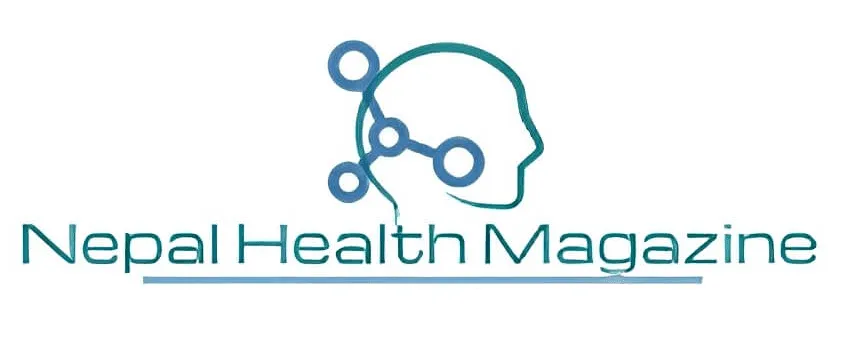COVID-19 Global Risk Communication and Community Engagement Strategy | WHO
COVID-19 is more than a health crisis; it is also an information and socio-economic crisis. The pandemic and
WHO
the associated response are prompting the deepest global recession in nearly a century and pushing an estimated 70-100 million more people into extreme poverty.
Until biomedical tools such as vaccines or treatments are developed and widely available people’s behaviors and their willingness to follow public health and social measures remain the most powerful weapons to stop the spread of the virus. Consequently, there is an unprecedented need to elevate the role risk communication and community engagement (RCCE) plays in breaking the chains of transmission and mitigating the
impact of the pandemic.
A revised RCCE strategy was needed to reflect this and the learning from the response to-date. The new strategy will cover six months from December 2020 to May 2021. Analysis of socio-behavioral data shows us some broad trends. In general, people know about COVID-19 and the preventive measures necessary. However, people are becoming complacent and risk perceptions are lowering. In general, people are feeling less confident in what they can do to control the virus. As the pandemic becomes more protracted, pandemic fatigue is increasing. The growing fatigue, the stress caused by uncertainty, lowering risk perceptions and reducing trust in government responses, is taking its toll on the fabric of our communities.
Objective COVID-19 Global Risk Communication and Community Engagement Strategy | WHO



What can we expect from
the next six months?
• Uncertainty will continue to be one of the defining
characteristics of the context.
• Vaccines will become available worldwide, with associated
RCCE challenges ranging from hesitancy to deliberate
anti‑vax misinformation.
• Pandemic fatigue will likely increase as the crisis becomes
increasingly protracted.
• Trust will need to be proactively built and maintained.
• Engaging communities, both physically and virtually,
will help mitigate the increasing politicization of the
pandemic response.
• Investments in coordinated and proactive community
engagement approaches will be crucial to increase demand
for testing, treatments and vaccines.
• Concerted and coordinated efforts to tackle misinformation
and effectively manage the infodemic will be essential to
control the virus.
• Increased efforts to reduce COVID-19 stigma and
discrimination will be crucial to protecting the most
vulnerable, including health workers.
• Increasing economic pressure will force people to
take greater risks

Hey there, I am Nirdesh Baral, founder of Nepal Health Magazine. I am a Tech geek by passion , Public health practitioner by profession and an Ailurophile by heart and a patriot by birth



